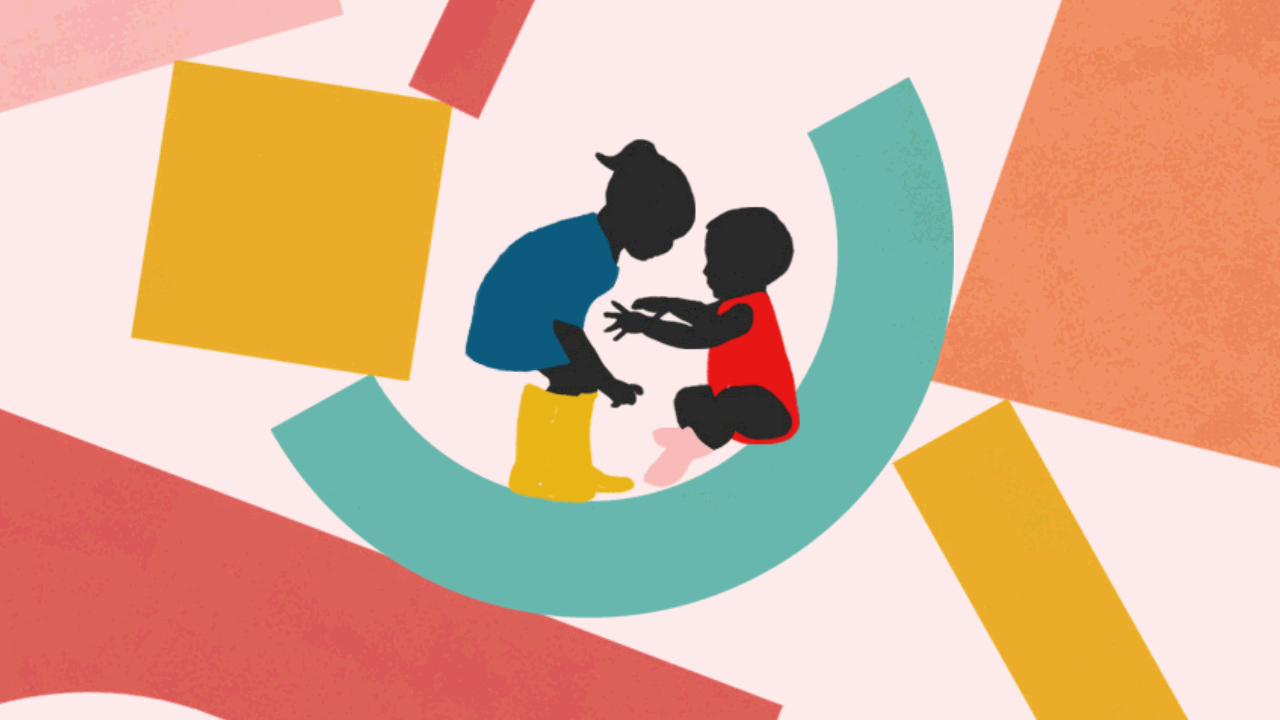As women, we have been trained to do everything house related since we were children. Whether that’s taking care of the household or serving the elders who sit at the dinner table, we are taught and then told to take up all these responsibilities to be ‘sanskaari’ women or wives, to nurture healthy families in the future.
As much as these are just life skills that need to be learnt by everyone regardless of their gender, women are made to do all of them more like we are training for a job rather than just the basic life skills.
I recently watched a movie called “The Great Indian Kitchen” that shows the struggles of these unpaid, laboursome, everlasting tasks that women take up as homemakers. It angered me that women still go through such struggles in small towns and cities. When I thought about it, I was surprised at how little the conditions actually changed even in metropolitan and developed cities. We have house help here, but you would still find most women in kitchens or bedrooms, tending to their family, right?
I didn’t expect it to, but this movie also brought back memories of my own childhood and that too with so many layers!
As a child, my sister and I had to serve guests tea, coffee and snacks while the boys of the same age as us sat at the table eating with everyone else. No boy was ever seen in the kitchen or told to help out like we were supposed to. If they did help, they were seen as ‘such nice, sweet, caring, boys who did so much for their family’ – but we were told to go help our mothers with a straight face, no acknowledgement, no appreciation. Why?
I also realised how my sister had to take up many more tasks in her hands than I did. Because apart from doing all those things with me and being my companion while we cribbed about having to clean dirty tables and plates, she also mentored and nurtured me like her own child. She was my parent before she knew what it meant to (theoretically) nurture, protect or be there for someone.
I looked at her as my sister and best friend, but she had to look at me as more than just a sister. I was also her responsibility, her child. She taught me things I didn’t know about – whether that’s academic subjects I was bad at or the LGBTQIA+ community. She educated me about safe sex, assertiveness, boundaries, mental health… everything. I always told her I looked up to her as the best mentor I had, without actually realising the toll it must have taken on her to raise me like her own child.
Then I thought of the house-help who comes home, her older daughter either works with her mother during her college vacations or is at home taking care of her four siblings all year round. The same narrative follows everywhere, if there is an older sister, she is always given responsibility for the younger siblings and/or of the house. She shares ‘adult’ responsibilities with her mother when she is a child herself.
If you’re thinking to yourself that older brothers are also given adult responsibilities they shouldn’t have at that young an age, of course they are! Patriarchy affects all. They might be told from a very young age that they have to handle family businesses, take care of the finances of the house, pay bills, or earn money for the family. They might also be told to take care of the family and their siblings.
Mostly, in India, parentification or the expectation to share these parent responsibilities depends mainly on the sex of the child. A boy will be asked to follow the father’s footsteps, take control of the finances, earn money, pay bills. A girl will be asked to follow her mother’s footsteps, being caring, loving, nurturing, and hardworking. While one sex gets the upper hand, one sex does not.
The brother will be allowed to educate himself, learn, experience and be financially (maybe even emotionally) independent, but the daughter is taught to do tasks that are very emotionally draining (even for adults). She is told to stay at home, care for the family, teach them, love them, and be there for them. She is told to allow her family to depend on her for basic needs and skills that are not paid for or given importance in the long run.
As much as both, the older brothers and sisters, have to reach unrealistic goals as children, the older brother is appreciated and acknowledged because the goal is seen as something substantial, the older sister is not. My sister was never appreciated for taking care of me the way she did. Nor was she given credit for all the emotional burnout that came with it.
In fact, most sisters (including mine) are encouraged because it means they will be better home makers, mothers, daughters, or wives. Or because they will be emotionally mature and will know how to take care of children in the future.
In today’s world, add the pressure of also having to be smart and independent to get away from this narrative once and for all. This means that not only do the sisters toil away like the mothers do, but they also work as hard to have some financial independence of their own.
I am not saying that everyone has the same relationship with their siblings like I do or that everyone goes through the same things. Maybe some older siblings do not feel the need to take care of the younger ones, and in other families, the younger siblings are given these parent responsibilities. Or maybe some siblings don’t have a great relationship at all.
But it’s important to be more aware of these intricacies that come with sex and birth order and the intersectionality that comes with it. The older siblings are put on a pedestal (they don’t want to be on) to take care of or share responsibilities of the family. They are told to be strong and tough for their siblings and family when all they want is to be validated and loved by their parents themselves.
When it comes to older sisters or just sisters in a sibling relationship, things get murkier. Because apart from having to take responsibility, we also have to follow the “nurturing mother” narrative. We might feel more stuck and isolated in that space because we are expected to be the sacrificing, caregiving and loving adults before we are 18 years of age or before we recognise ourselves as anything else at all!
Siblings protect you, fight for you, cook for you, pay for you, teach you, take care of your emotional and physical needs, love and nurture you. As much as this sounds like things siblings would do for each other, there needs to be a boundary that allows them to be themselves too. Where they feel and take these responsibilities because they want to instead of what is told to them or because they have to.
As the younger sibling in the family, it took me a lot of time to realise that my sister had to be there for me to such an extent that maybe she never got to enjoy her own childhood like I did – and this was heartbreaking to think about. If you feel that way about your sibling too, talk to them, be grateful and support them. Having the conversation might also allow them to put their guard down, be genuine and ask for support when they need it.
If you are a sibling, acknowledge the guilt or shame if you feel it, but also remember that this was not your fault. We haven’t been taught any different in this society. What we can do is teach and learn better from now on. Talk about it, try to avoid differentiation, take up equal responsibilities, and mainly, let your sibling (or yourself) know that we don’t owe responsibilities to our family or society because of our sex or birth order. We can say no if we want or need to or we can share the burden.
If you are a parent, it’s time to remove the gendered glasses we have worn all this time. Teach cooking, cleaning, caring, nurturing as basic skills to all genders. Give them responsibilities but ask them if they’d like to do it (let them have some control on it). Let the elder siblings also be a child. Don’t reprimand them if they throw a tantrum. Don’t encourage girls to be better “mothers” but better “humans”. Mainly, look at your children as what they are, children, who are growing and maturing, at their own pace.








